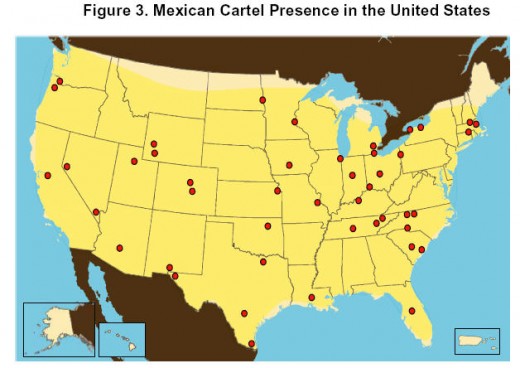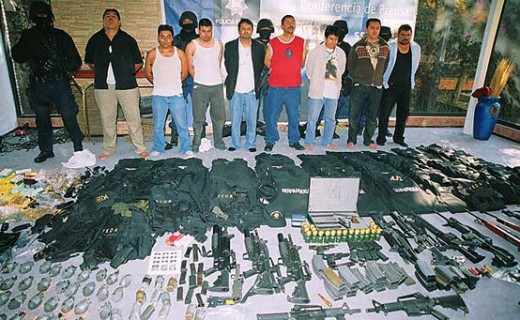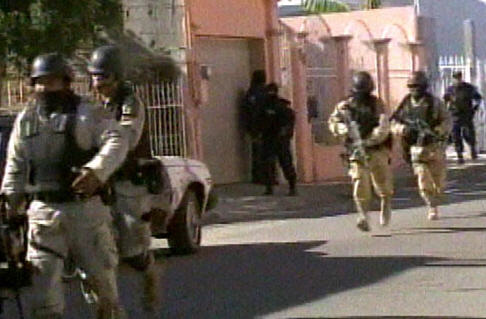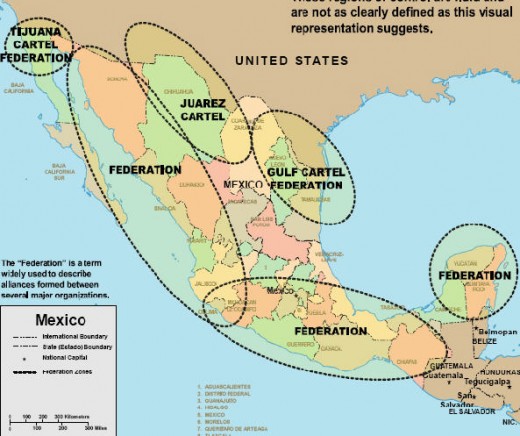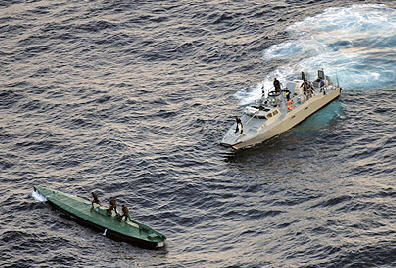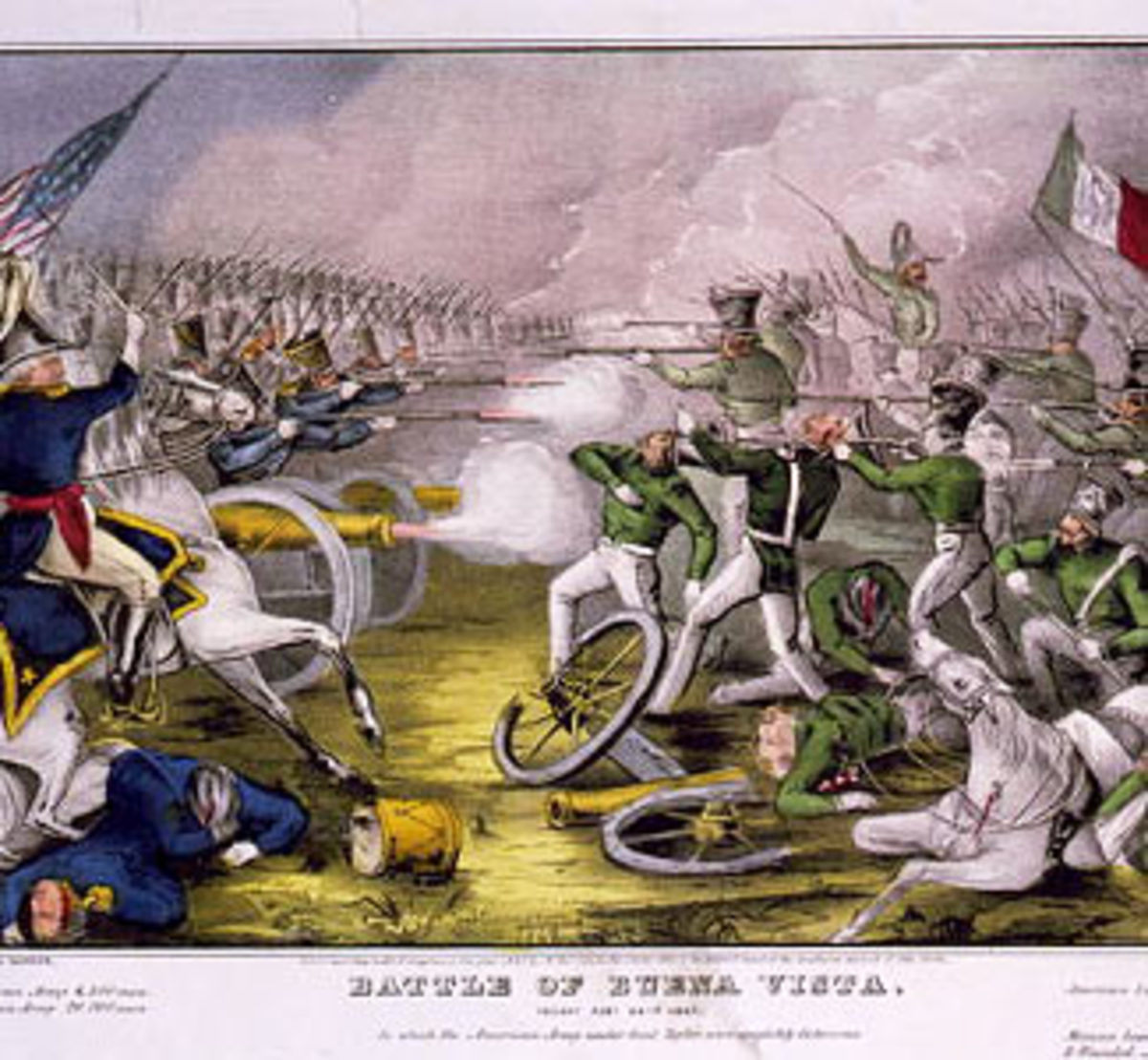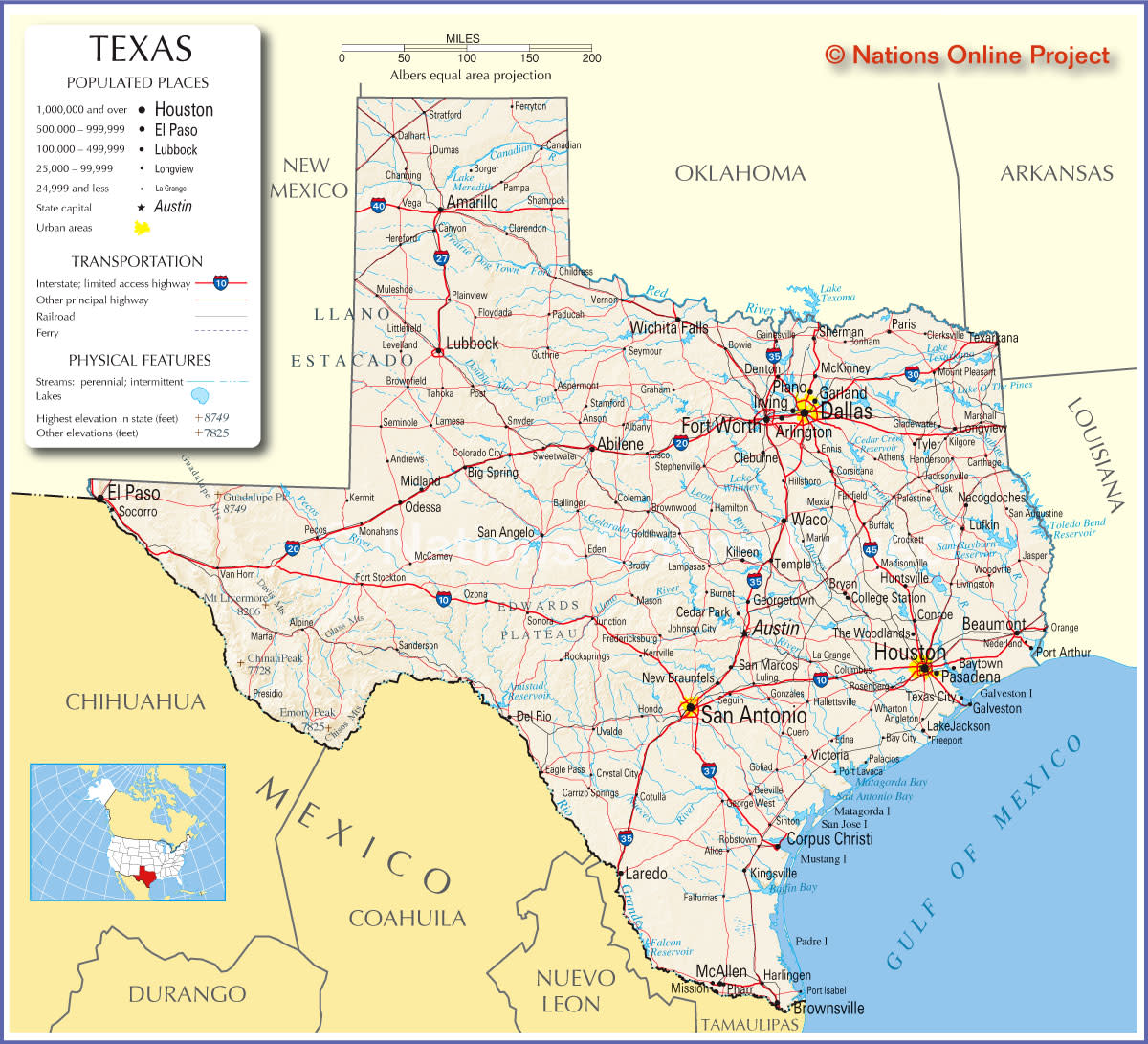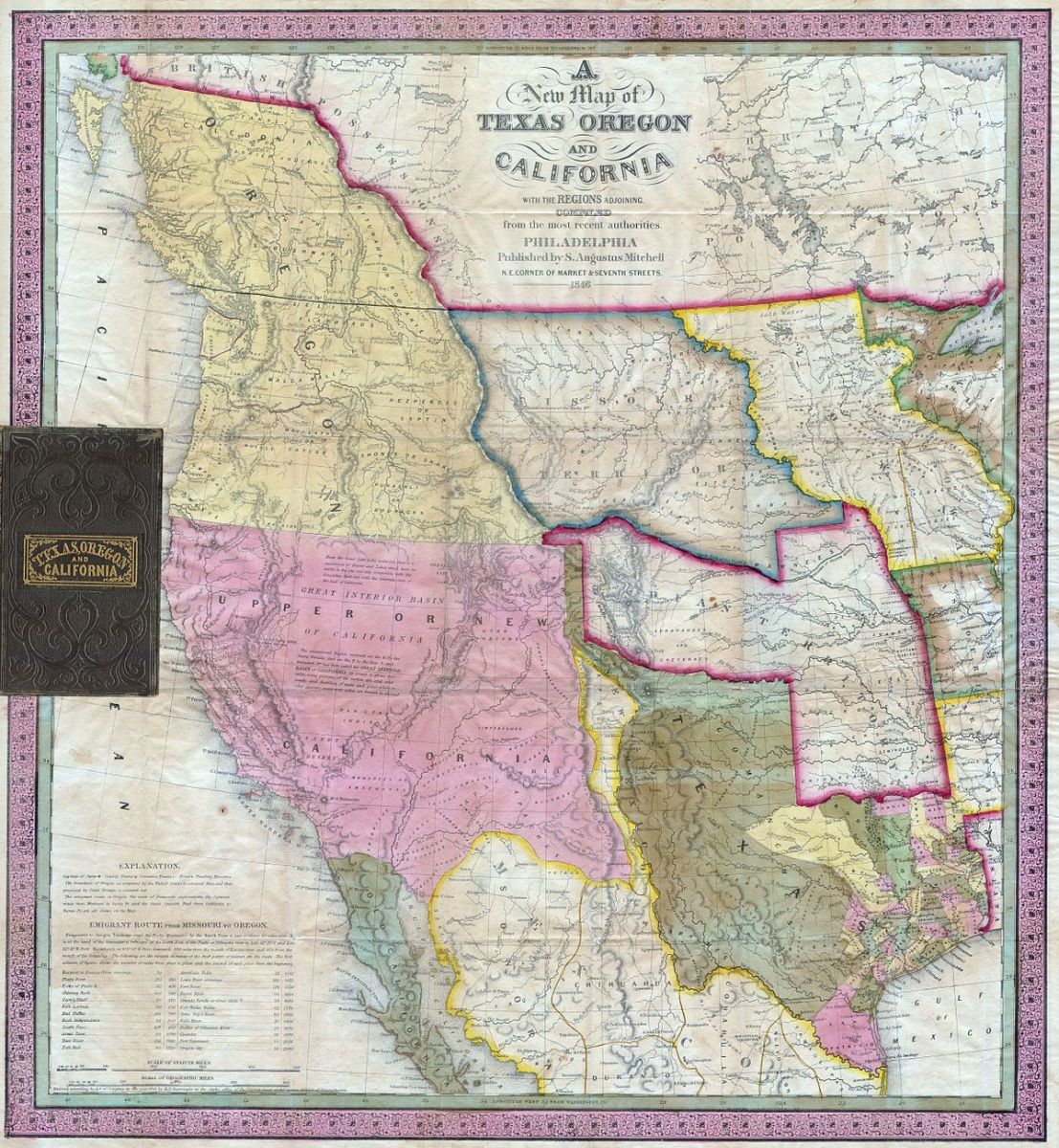War Along America's Border: The Mexican Drug Cartels
Spilling Over the Border
If you are not a resident of California, Arizona, New Mexico or Texas, some of this hub will be astonishing. If you live in Southern California or along the Mexican border, you are in fear of Mexico's war with their drug cartel's may spill over into your lives.
The war is actually a shared one. The cocaine and other drugs sold by the cartels are purchased by US citizens. The US is the cartel's target consumer. The automatic weapons, from AK-47s to M4's are almost 90% American made and purchased in the US legally. More than 6,700 licensed gun dealers have set up shop within a short drive of the 2,000-mile border, from Texas to San Diego, Calif. This amounts to more than three dealers for every mile of border territory! The shops are legal businesses. "Straw Buyers" purchase these weapons for traffickers at small gun shops and large gun shows. One Mexican -American bought more than 100 assault rifles, 9-mm handguns and other high-powered weapons at multiple shops over several months and the cartel paid him $40 per gun. He was out of work due to the housing collapse.
There are only 100 U.S. firearms agents and 35 inspectors that patrol the vast border region for gun smugglers, compared with 16,000 Border Patrol agents covering 2000 miles. According to Mexican government officials, as many as 2,000 weapons enter Mexico from the US daily and fuel an arms race between competing Mexican drug cartels. Since 1996, a total of 63,000 guns have been smuggled into Mexico.
The Mexican cartels now control large areas of Mexican territory and dozens of municipalities, and they exercise increasing influence in Mexican electoral politics. Already several civic leaders or government officials have been arrested. There are five large drug cartels in Mexico and all are trying to seize control of drug markets. However, now there is increasing suspicion by the U.S. and Mexican authorities that Islamic terrorists may be supporting drug cartels in Mexico. Fears also grow that such terrorists may be able recruit Mexicans to cross the porous border. Thousands of Mexicans enter the US every day legally to work, some stay, others return to Mexico.
On July 16, 2008, the Mexican Navy intercepted a 30 ft narcotics submarine travelling about 125 miles off the Mexico; the vessel was found to be loaded with 5.8 tons of cocaine.
Since 2007, a total of 7,882 drug cartel related deaths have occurred. In Iraq, the number of US soldiers killed since 2003, is less. Many of these are beheadings to intimidate local officials or mass executions of 13 policemen. To combat the cartels, the Mexican government has spent $7 billion in the war against drugs. This is a lot of money for a poor nation. The Mexican Army is also being used on real combat missions taking on the cartel. In some cases, over 6000 soldiers are sent to a province to battle with this enemy. The U.S. Justice Department said last month that Mexican gangs are the "biggest organized crime threat to the United States." The drug war may also be President Obama's major issue to deal with as Iraq calms.
In Phoenix, Arizona, homicides have increased with a spirling kidnap and execution style killings. In Southern California, Americans have been abducted by armed groups have been tied to the Tijuana drug trade. One involved a businesswoman and her teenage daughter snatched in San Diego last year and held to ransom in Mexico. In the past month, the town of Juarez, right across the the US border has been the front line with over 250 people killed. Desperate, Mexicos's President Calderon ordered 5,000 more troops and federal police to the town. Many of the cartel's family members have crossed the border into the US to reside in safety while in Texas its governor has ordered 1000 military troops to man its border with Mexico.
Three miles south of Columbus, New Mexico (inside the US), Palomas, Mexico, has been a war zone. Over the last year, a drug feud that has killed more than 1,350 people in Juarez and more than 40 KIA in Palomas. Columbus with only 1800 residents has only a five man police force.
The last time an internal war in Mexico spilled over into Columbus was in 1916, when the Mexican revolutionary "Pancho" Villa led a pre-dawn raid that killed 18 Americans and touched off an international incident and US invasion into Mexico to hunt him down. One of the soldiers was a young Captain Patton, who later in WW2, became a General and daring commander. The two towns are linked because several hundred children, most of them U.S. citizens born to Mexican parents, cross from Mexico daily to attend public school, while some Columbus residents commute daily to work in Palomas. The crossing here is protected by six miles of 15 to 18 foot tall fencing and another 35 miles of waist-high vehicle barriers. Motion sensors and cameras plus a US Border Patrol force of 350, has kept things calm... so far.
This is not to say that it is a "wild west" in Southern California or along the borders, at least not yet. Life remains normal for most but really gross style killings are increasing and on a larger scale. In Mexico, many are afraid just to go to the store, talk trash about the Cartels, associate with Federal authories for fear of retaliation such as being beheaded and hung from a freeway overpass like many have. This applies to many civic leaders in elected offices. if any of this sounds vaguely familiar, it is. Look at the tactics of the Taliban and al-Qaeda.
Immigration and the drug war along America's border remains a very real concern for the USA. Should the cartels obtain shoulder fired surface to air missiles like the Russian SA-7, which are fired by two men and are deadly against non-military aircraft, all sorts of horror could create havoc for air travel in Mexico and the US. The only place they would get these military weapons are from known terrorist groups.
